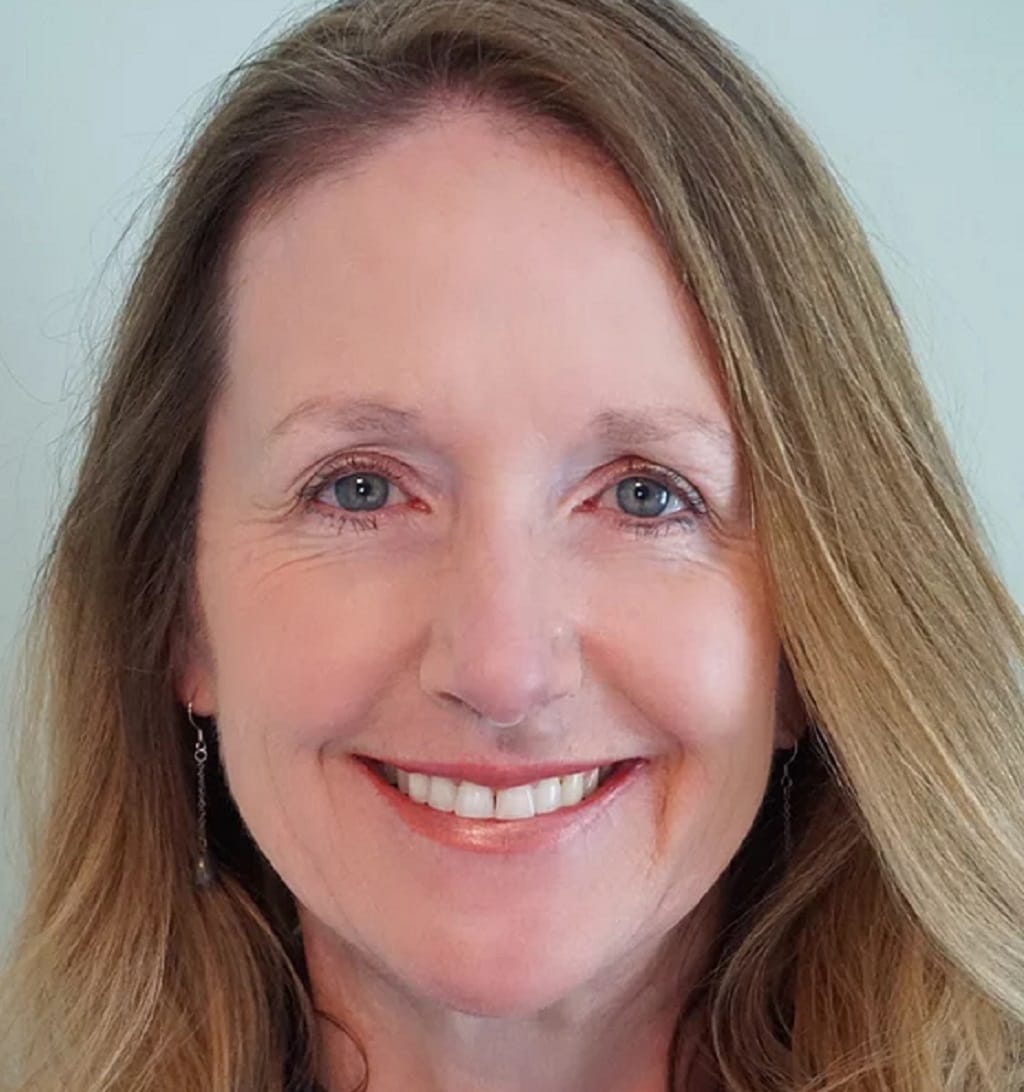New Report Recommends Broadening Universal Service Fund to Include Broadband Revenues
A Mattey Consulting report finds broadband revenues can help sustain the fund used to connect rural and low-income Americans.
Benjamin Kahn

WASHINGTON, September 14, 2021— Former deputy chief of the Federal Communications Commission Carol Mattey released a study on Tuesday recommending the agency reform the Universal Service Fund to incorporate a broad range of revenue sources, including from broadband.
According to the report by Mattey’s consulting firm Mattey Consulting LLC, revenues from “broadband internet access services that are increasingly used by Americans today should contribute to the USF programs that support the expansion of such services to all,” it said. “This will better reflect the value of broadband internet access service in today’s marketplace for both consumers and businesses.”
Mattey notes that sources of funding for the USF, which are primarily from voice revenues and supports expanding broadband to low-income Americans and remote regions, has been shrinking, thus putting the fund in jeopardy. The contribution percent reached a historic high at 33.4 percent in the second quarter this year, and decreased slightly after that, though Mattey suggested it could soar as high as 40 percent in the coming years.
“This situation is unsustainable and jeopardizes the universal broadband connectivity mission for our nation without immediate FCC reform,” Mattey states in her report, “To ensure the enduring value of the USF program and America’s connectivity goals, we must have a smart and substantive conversation about the program’s future.”
According to Mattey’s data, the assessed sources (primarily voice) of income will only continue to shrink over the coming years, while unassessed sources will continue to grow. Mattey’s report was conducted in conjunction with INCOMPAS, NTCA: The Rural Broadband Association, and the Schools, Health and Libraries Broadband Coalition.
“It is time for the FCC to take action, and to move away from the worst option of all – the status quo – that is jeopardizing the USF which is critical to connecting our nation,” the report said.
John Windhausen, executive director of SHLB, echoed the sentiments expressed by Mattey in her report, “We simply must put the USF funding mechanism on a more stable and sustainable path,” he said, “[in order to] strengthen our national commitment to broadband equity for all.”
Mattey report uniform with current recommendations
Mattey’s research is generally in line with proponents of change to the USF. Some have recommended that the fund draw from general broadband revenues, while others have said general taxation would provide a longer lasting solution. Even FCC Commissioner Brendan Carr suggested that Big Tech be forced to contribute to the system it benefits from, which the acting chairwoman Jessica Rosenworcel said is an “intriguing” idea.
The FCC instituted the USF in 1997 as a part of the Telecommunications Act of 1996. The fund was designed to encourage the development of telecom infrastructure across the U.S.—dispensing billions of dollars every year to advance the goal of universal connectivity. It does so through four programs: the Connect America Fund, Lifeline, the rural health care program, and E-Rate.
These constituent programs address specific areas related for broadband. For example, the E-Rate program is primarily concerned with ensuring that schools and libraries are sufficiently equipped with internet and technology assistance to serve their students and communities. All of these programs derive their funding from the USF.









Member discussion